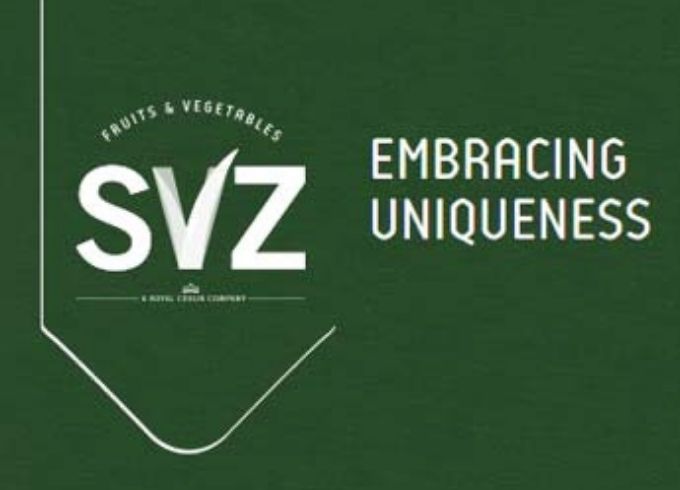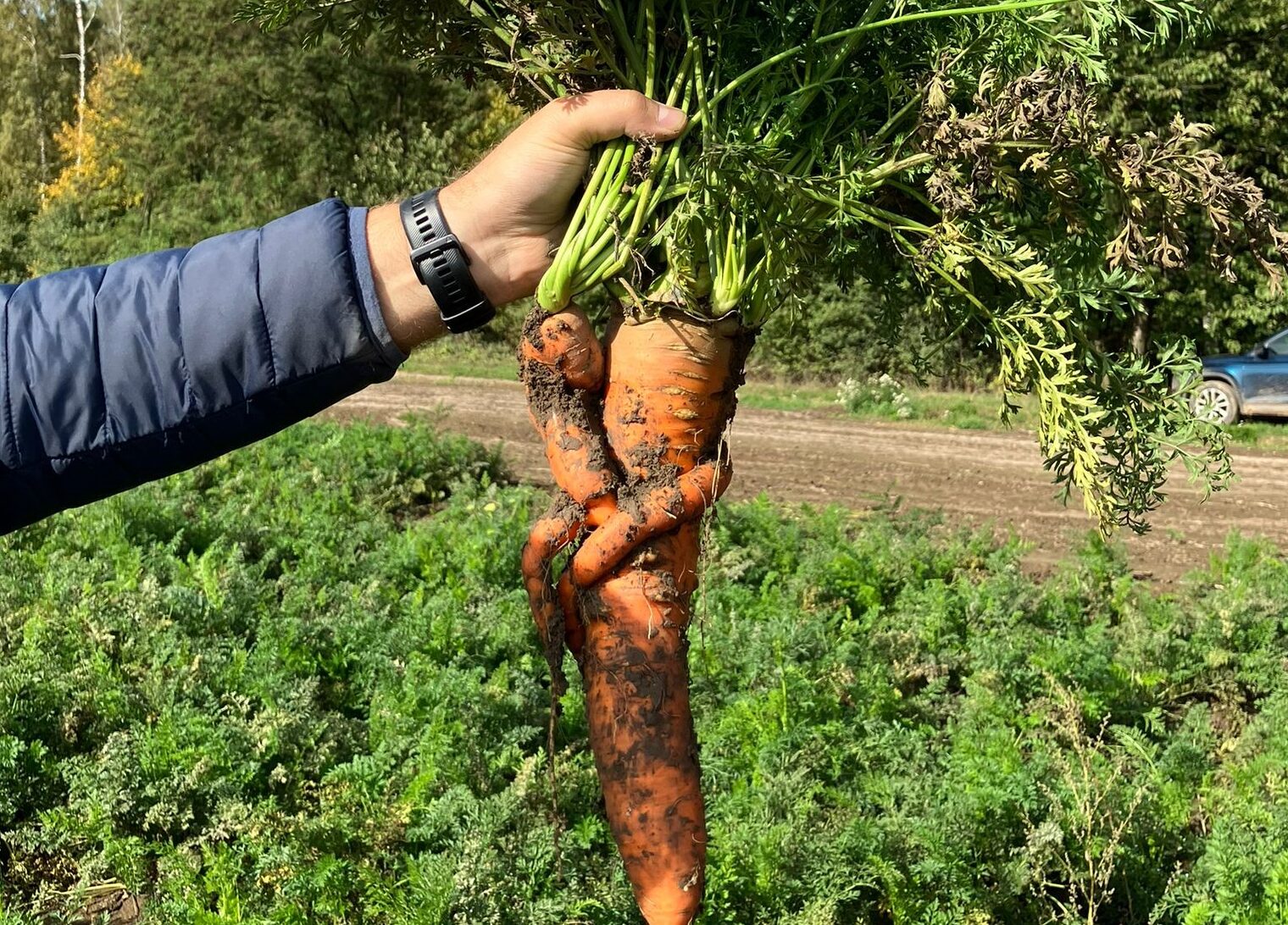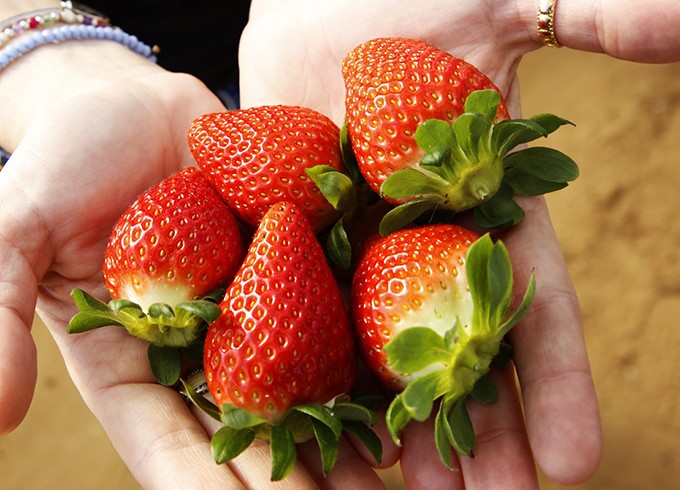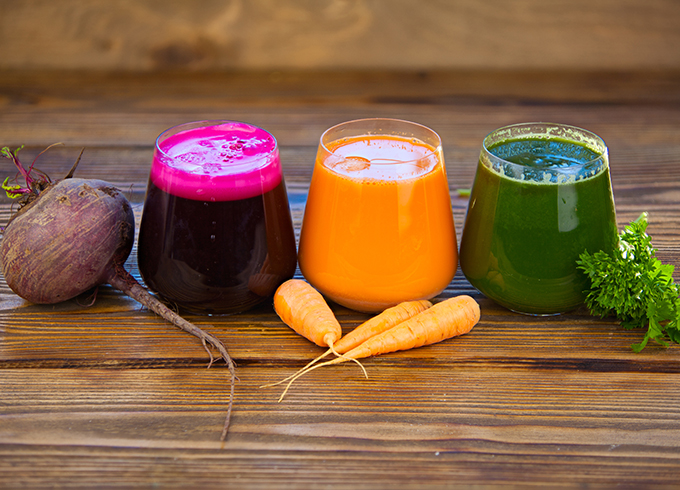BLOG: Increasing efficiencies through strong supply chain control

What is driving the demand for clearer labels and greater transparency and what role can ingredients’ suppliers play?
The drive for clear, simplified ingredient labels originated essentially from increased consumer interest in a healthier diet and lifestyle, and a demand for transparency in a bid to understand the origin of the foods they are eating. Once the big retailers got on board, realising that this back to basics trend was here to stay, the movement gained traction among both branded and private label manufacturers. Food and beverage manufacturers are looking to their ingredient suppliers to support this drive and provide natural, kitchen cupboard style ingredients from traceable sources.
As a supplier of processed fruit and vegetable purees and concentrates, all SVZ products are entirely natural. We are seeing some of our customers request new levels of transparency, such as segregated supply chains and detailed traceability statements at the level of the individual producing farm. Because of our long term partnerships with our farmers,we are able to operate tightly controlled supply chains.
Where are the opportunities for more efficiency in the supply chain and production?
Increasing efficiencies revolves around supply chain control and productive operations. This takes a number of formats, including minimising loss, extracting more value from waste products and reducing dependency on fossil fuels. Because SVZ processes fruit and vegetables as far as possible from fresh rather than frozen, the energy requirement for freeze/thaw is eliminated. This on site production, directly at source, minimises transportation resources and reduces inherent degradation of the natural crop to deliver nutrient rich ingredients.
Packaging is a key area that can drive efficiencies. New delivery solutions such as foldable containers and collapsible boxes slash packaging volume in return freight, and conical, rather than cylindrical, stackable drums optimise transport and storage space. The use of reusable and recycled packaging materials reduces the pressure on natural fossil resources.
What can be done in terms of reusing production waste streams to your benefit and what have you been able to achieve so far?
Waste valorisation is a key component of SVZ’s sustainability initiatives and we’re working closely with partners to find ways to extract more value from the waste we generate.
For example, we supply surplus fruit hulls and residue as animal feed and as compost to produce fertilizer for farming. We are also trialling methods of extracting essences from the skins of some fruits and oil from cherry stones, to bring new value to this waste stream. As a fruit and vegetable supplier, all the waste we generate is organic and we are continually seeking new ways to ensure waste material feeds back into new products or is used for alternative purposes.
What is in your development pipeline in terms of transparency and sustainability?
In 2010, we introduced an energy reduction target of 20 percent by 2020 and conduct regular site surveys to ensure we are on track. Our sustainability programme centres around three core pillars of sustainable agriculture, efficient operations and employee and customer satisfaction.
In terms of sustainable agriculture, the SVZ team of agronomists works closely with our farmers to support them in their development plans, advising on responsible use of pesticides and fertilizers as well as food safety and regulatory compliance. By establishing a model farm in Poland, at the heart of our growing region, we will showcase best practice and also trial new ways of reducing pesticide use while increasing yield. We travel the country to train 3,000 farmers a year in best practice.
SVZ is implementing initiatives to encourage responsible farming through revitalising tried and trusted practices. Buckwheat, for example, is a natural insect repellant that helps prevent maggots in soft fruit, and farmers trialling its use are seeing strong benefits. We actively encourage farmers to participate in the Bee Care project, which minimizes the need for insecticides through increasing the local bee population. A subsidised flower planting scheme stimulates pollination of the crop while bees naturally reduce the insect population.
As members of the Sustainable Agriculture Initiative (SAI) Platform, we are actively involved in a working group of food and drink companies, retailers and the WWF to improve water governance in a growing region in Spain, at a UNESCO world heritage site. The collaboration aims to accelerate the adoption of sustainable and efficient practices for better water management by the strawberry growers in the region.


